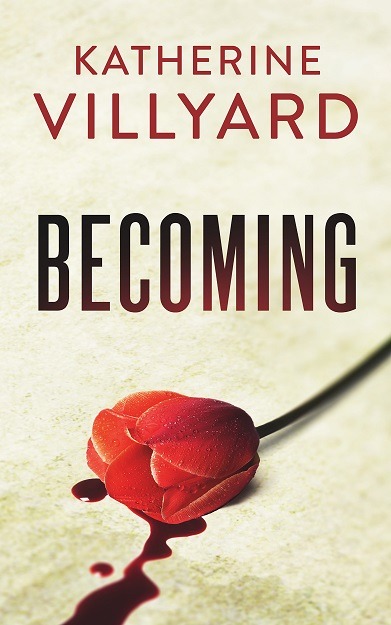- 42, of course!
- Eat well, try to get exercise, make some friends.
- Something else?
You know. The unanswerable question. Fun for the whole family!
It’s something that I’ve always been interested in. In college, I signed up for a freshman English course called “The Search for Self.” They gave us a Myers-Briggs on the first day and discovered that the class title had attracted a statistically unlikely number of INFPs… including me.
(Do people still “believe” in the Myers-Brigggs? I’ve heard some backlash. Does it matter for the purposes of this story?)
My parents were badly matched on matters of religion. My mother was a “Don’t tell me what the Bible says, young man, I’ve read it cover to cover!” Christian. My father was a bitter atheist who followed my mother’s instructions to keep his mouth shut at home. Our religious instruction was…. illogical and Disneyfied and failed to stick. My sister is an atheist, and I… pondered a lot.
Like, a lot. People who’ve read my work can probably tell. Even as a mythology-loving agnostic, I had a soft spot for stories about what it means to be a person.
I was curious upon reading an article that the propensity towards religion might have a genetic component. (Don’t worry, I’m probably not headed where you think I am.) Is it genes? Or are my sister and I so different on the topic of religion because Mom dragged her to an awful church after our parents divorced, and I was treated to nightly lectures on how religion proves that P.T. Barnum was right that there’s a sucker born every minute?
I went to that same church after I moved in with my mother. My sister and I had an amazing rebellion, where we would put our heads together and sing poorly. I would go up or down the way you’re “supposed” to for the song but at the wrong interval, and she would sing a half or quarter tone off from me. Our mother, a former Opera singer, stopped making us attend. BWAHAHAHA!
For what it’s worth, this is my official position on atheism:
A Rabbi is teaching his student the Talmud and explains God created everything in this world to be appreciated, since everything is here to teach us a lesson.
The clever student asks “What lesson can we learn from atheists? Why did God create them?”
The Rabbi responds “God created atheists to teach us the most important lesson of them all – the lesson of true compassion. You see, when an atheist performs an act of charity, visits someone who is sick, helps someone who is in need, and cares for the world, he is not doing so because of some religious teaching. He does not believe that God commanded him to perform this act. In fact, he does not believe in God at all, so his acts are based on an inner sense of morality. And look at the kindness he can bestow upon others simply because he feels it to be right.”
“This means” the Rabbi continued “that when someone reaches out to you for help, you should never say ‘I pray that God will help you.’ instead for the moment, you should become an atheist, imagine that there is no God who can help, and say ‘I will help you.’”
Anyway. What makes a robot or a string of code a person or not? What is the ineffible thing that makes something alive? Do vampires have souls? What about cats? My mother told me that “Good kitties go to heaven and bad kitties go to hell” and it completely destroyed my faith in what she had taught. Parents, I hear lots of people say they lost their faith when they asked Mom and Dad if Rover and Fluffy went to heaven, so answer that question wisely. But in my case, I spent wayyyy too long analyzing what a cat could do that would merit eternal damnation. Eating a mouse? that’s dinner. Pooping on the floor instead of the box? clearly lake of fire material (NOT). It just led me to believe, as a precocious 11 or 12 year old, that hell is dumb.
So, what is consciousness, anyway? There’s clearly some kind of gestalt where the chemical processes become more than the sum of their parts, and this process breaks apart on death. Is that a soul? I don’t know! Does it matter, when whether it’s a soul or not breaking down the process is a Humpty-Dumpty thing where you can’t put it back together?
I’m not sure having the answer is what’s important. I think the freedom to ask the question (or choose not to) is.


